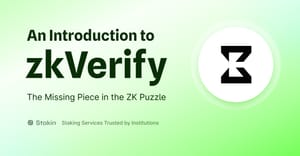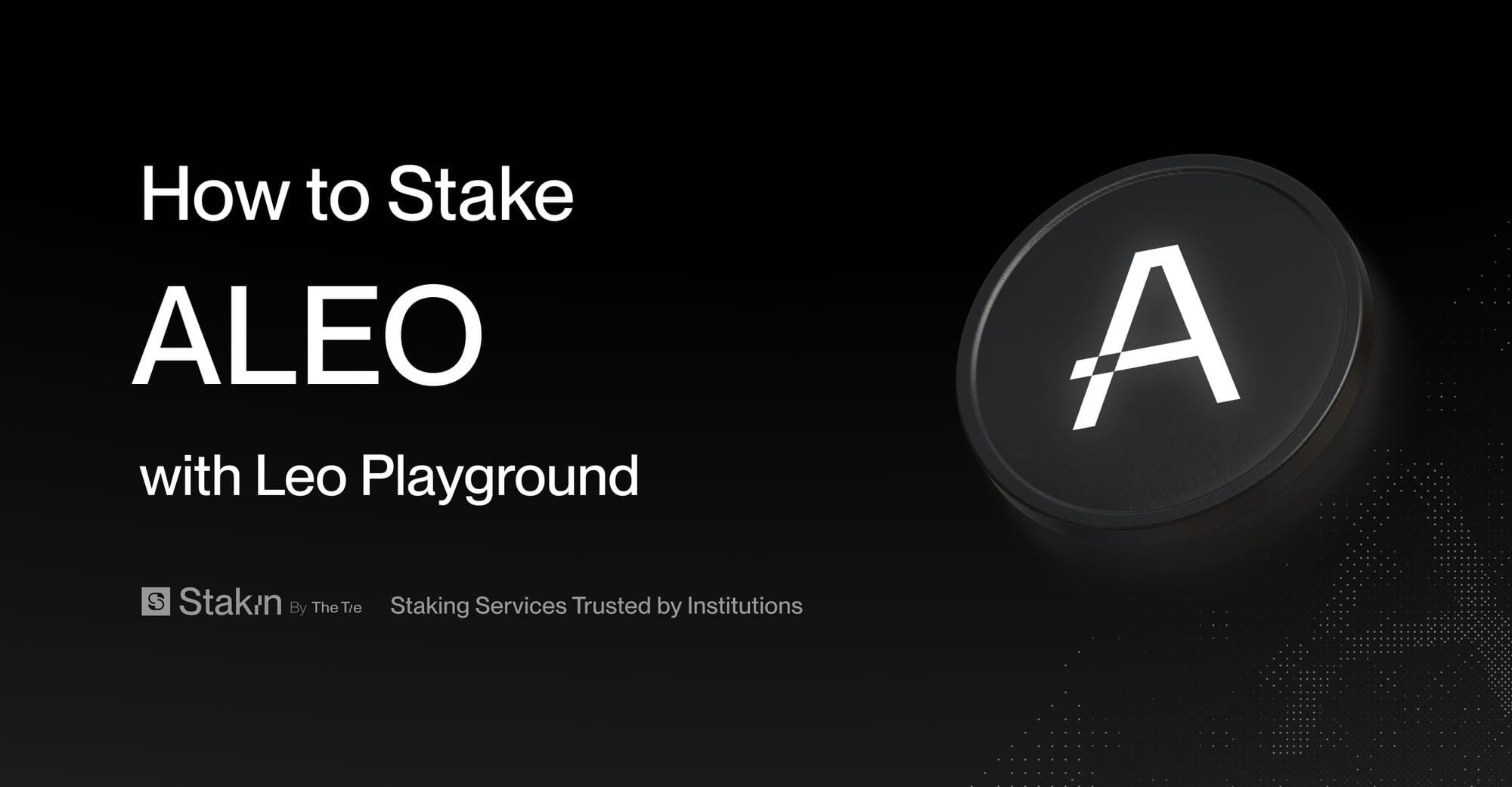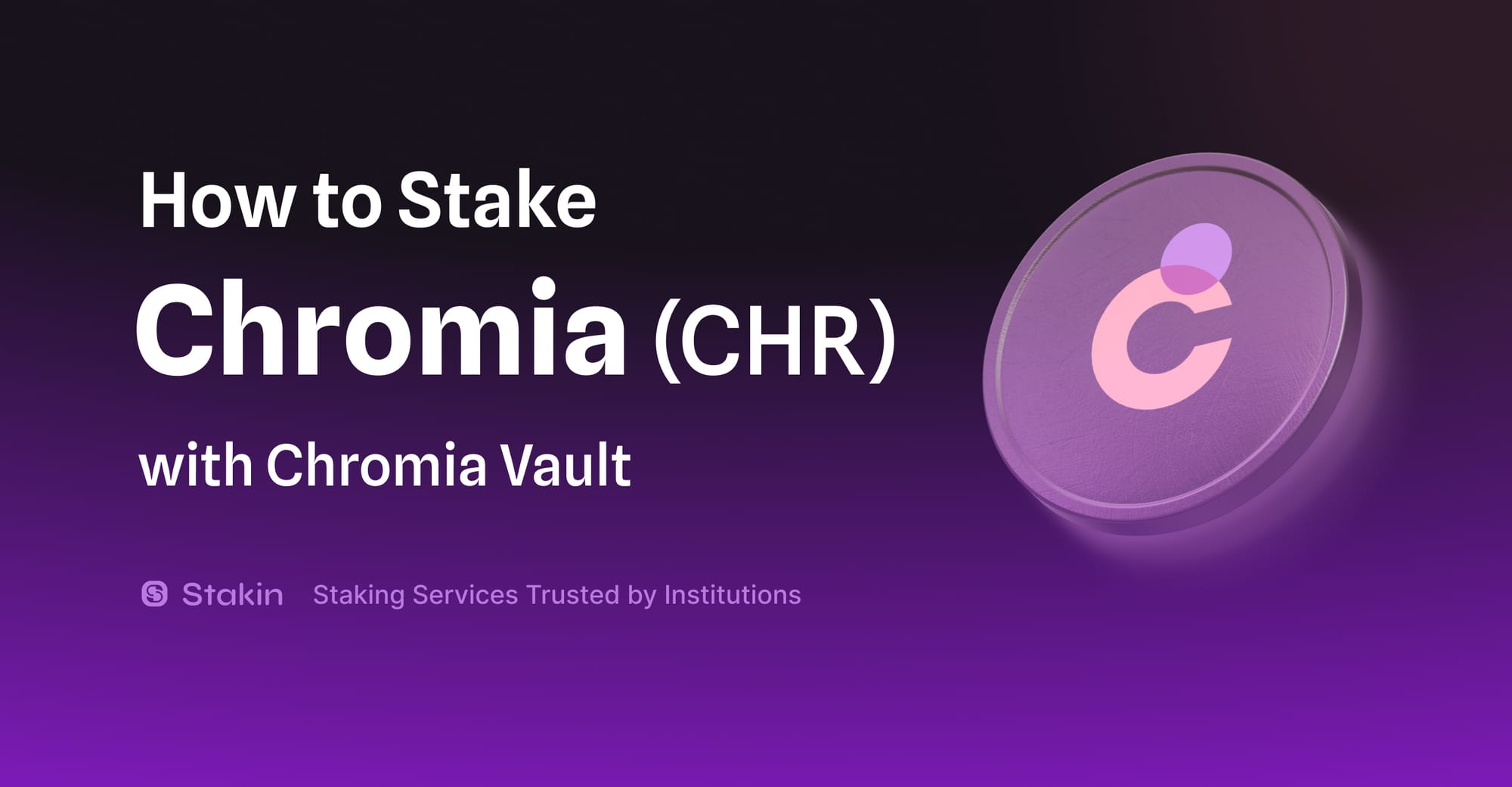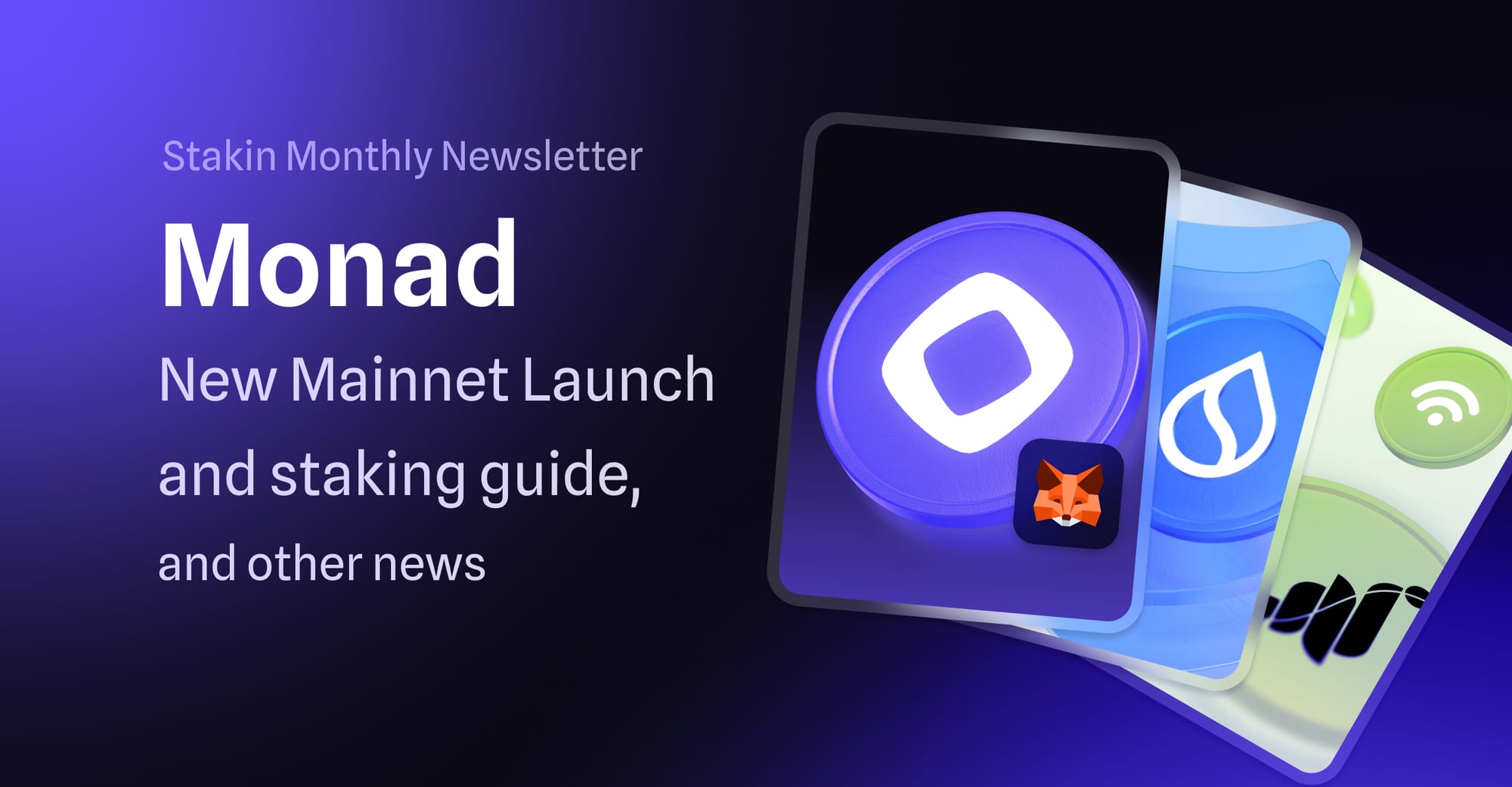Most blockchains come out with the same promise: scalability, security, and decentralization all at once. Over the last few years, zero-knowledge proofs (zk-proofs) have gained more ground as the technology that could finally unlock this vision.
Rollups, privacy apps, and verifiable computations have all leaned heavily on zk-proofs to compress information and prove correctness without revealing sensitive data. But as more builders started experimenting, a new bottleneck quietly emerged.
It wasn’t about generating the proofs, it was about verifying them.
The Costly Roadblock
Imagine you’re building a zk-rollup. Your system can generate proofs that compress thousands of transactions into a single, elegant mathematical statement. But when you send that proof to Ethereum for verification, the cost skyrockets.
Verifying just one proof can eat up hundreds of thousands of gas units. Multiply that by the volume of rollups or zk-apps, and suddenly your dream of scalability looks… less scalable.
Enter zkVerify
This is where zkVerify comes in. Think of it as a specialized verification layer designed to handle one thing and handle it extremely well: verifying zero-knowledge proofs.
Instead of asking general-purpose blockchains to carry this heavy cryptographic burden, zkVerify creates a dedicated environment where proofs can be validated:
Faster: under a second in many cases.
Cheaper: decoupled from the volatile gas markets of L1 chains.
More flexible: supporting proof types natively, without forcing awkward conversions.
By focusing solely on verification, zkVerify positions itself as the missing puzzle piece in the modular blockchain future.
A Layer Built for Builders
For developers, this means proof verification no longer has to be a constraint. A zk-rollup can outsource verifications to zkVerify. A privacy project can rely on zkVerify to check identity attestations. A gaming protocol can prove fairness or randomness without overpaying for on-chain computation.
The result? Faster time to market, lower costs, and fewer compromises.
Just as data availability layers like Celestia emerged to solve one modularity challenge, zkVerify is emerging as the verification layer.
Why It Matters for Delegators and Validators
For staking communities and validator operators, zkVerify isn’t just another chain, it’s infrastructure for the entire ZK ecosystem. By enabling scalable and affordable verification, it unlocks broader adoption of zk-rollups, privacy apps, and verifiable computation.
And just like with any new blockchain network, validators like Stakin will play a central role in securing zkVerify. That means new opportunities for staking, governance, and supporting the next wave of ZK innovation.
Looking Ahead
Developers can already integrate their proof systems and experiment with the SDKs. The story of ZK isn’t just about faster blockchains or cheaper transactions, it’s about creating an internet of trust, where anyone can verify anything without relying on intermediaries. zkVerify takes us one step closer to that reality.
At Stakin, we’re following this journey closely, because we believe that verification at scale is the bridge between today’s experiments and tomorrow’s mainstream adoption of ZK technology.
DISCLAIMER: This is not financial advice. Staking, delegation, and cryptocurrencies involve a high degree of risk, and there is always the possibility of loss, including the failure of all staked digital assets. Additionally, delegators are at risk of slashing in case of security or liveness faults on some protocols. We advise you to do your due diligence before choosing a validator.



